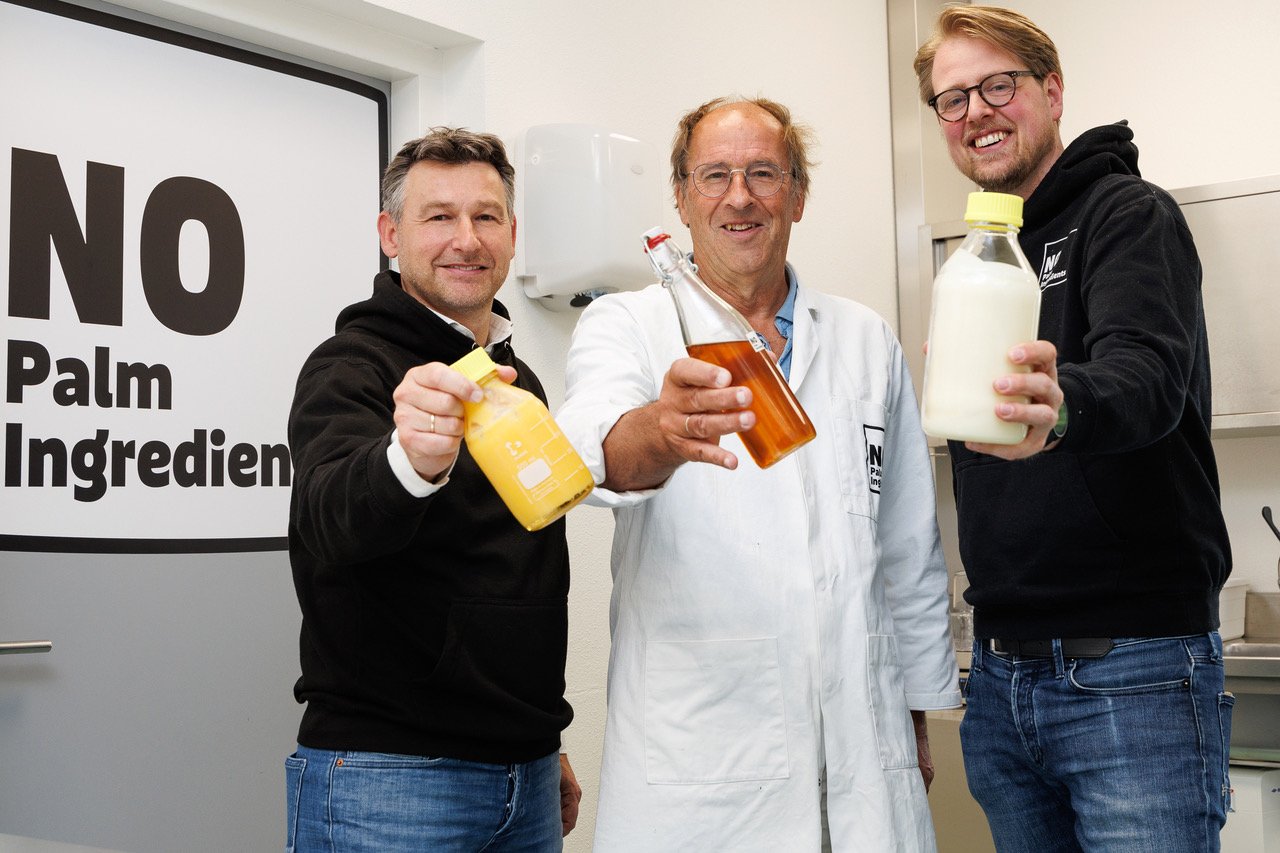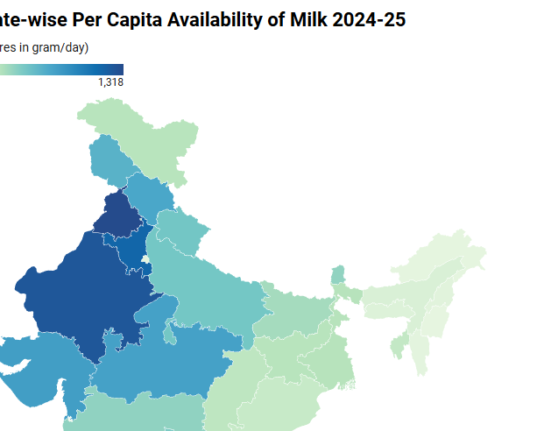Palm oil, derived from the fruit of the oil palm tree, is a ubiquitous ingredient found in numerous products, from food items to cosmetics and biofuels. Its widespread use is attributed to its versatility and cost-effectiveness. However, the environmental and social implications of palm oil production have raised significant concerns.
Environmental Impact of Palm Oil Production
The cultivation of palm oil has been a major driver of deforestation, particularly in biodiverse tropical regions. Vast areas of rainforest have been cleared to establish oil palm plantations, leading to habitat loss for endangered species such as orangutans, pygmy elephants, and Sumatran rhinos. This deforestation contributes to climate change by releasing significant amounts of greenhouse gases into the atmosphere.
Beyond deforestation, palm oil production has been linked to other environmental issues, including air, soil, and water pollution. The common practice of burning forests to clear land for plantations releases smoke and carbon dioxide, contributing to air pollution and climate change. Additionally, the use of fertilizers and pesticides can lead to soil degradation and water contamination, affecting both ecosystems and local communities.
Economic Factors and Price Trends
Palm oil is a highly traded commodity, and its price is influenced by various factors, including global demand, production levels, and policy changes. As of early 2025, Malaysian palm oil futures have been experiencing a consecutive rise, with April delivery contracts reaching 4,574 ringgit per metric ton on the Bursa Malaysia Derivatives Exchange.
Analysts predict that palm oil prices will average higher in 2025 compared to the previous year, primarily due to increased biodiesel consumption in Indonesia. A Reuters poll forecasts that benchmark crude palm oil prices will average 4,350 ringgit per metric ton this year, marking a 5.4% increase from 2024.
Sustainable Alternatives and Industry Initiatives
In response to the environmental challenges associated with traditional palm oil production, companies are exploring sustainable alternatives. One of the most promising solutions comes from Dutch biotechnology firm NoPalm Ingredients, which has successfully scaled its yeast-based oil production to an industrial capacity of 120,000 liters. This accomplishment, completed in collaboration with a Contract Manufacturing Organization (CMO), demonstrates the feasibility of converting food industry by-products into food-grade oils through yeast-based fermentation.
The company’s innovative approach offers a sustainable alternative to traditional palm oil and other tropical fats, addressing both supply chain challenges and environmental concerns. Notably, NoPalm Ingredients reports that its fermentation process results in 90% lower carbon emissions and requires 99% less land compared to conventional palm oil production.
Reflecting on the company’s rapid progress, CEO and co-founder Lars Langhout stated, “Three years ago, we were fermenting at benchtop scale. This summer, we hit 5,000L, and today we’ve successfully scaled to 120,000L. With palm oil demand forecasted to grow by 4% annually and RSPO-certified supply unable to keep pace, the need for sustainable alternatives has never been more urgent.”
Founded in 2021 and based in Wageningen, NoPalm Ingredients specializes in developing yeast-derived oils and fats from upcycled agricultural and food industry side streams. The company’s proprietary fermentation process employs non-GMO yeasts and a patented low-capital-expenditure technology designed to achieve cost parity with palm oil. In a notable funding achievement, the company secured €5 million in seed funding, reportedly the largest funding round for a palm oil alternative in Europe to date.
Currently, NoPalm Ingredients is collaborating with commercial partners to conduct industrial-scale testing of its oil in real-world applications. This phase is crucial for securing contracts and advancing toward the establishment of its first demonstration factory. Langhout emphasized the team’s dedication, stating, “This milestone is the result of relentless dedication and ingenuity from our team. Now, it’s time to capitalize on this momentum and scale toward full commercial deployment.”
The Importance of This Development
The success of yeast-based oil production is a significant step toward reducing dependence on palm oil, which remains one of the most environmentally harmful industries globally. By providing a viable, cost-competitive alternative, NoPalm Ingredients is paving the way for a more sustainable future in food and personal care product manufacturing.
Moreover, with increasing regulatory pressures, such as the European Union’s deforestation regulation set to take effect in late 2024, the need for sustainable replacements is more critical than ever. If widely adopted, yeast-based oils could alleviate deforestation pressures, curb carbon emissions, and improve ethical sourcing practices in the industry.
As global palm oil demand continues to rise, solutions like those pioneered by NoPalm Ingredients offer hope for an industry shift toward sustainability, ensuring that economic growth does not come at the cost of environmental degradation and biodiversity loss.
Source: The Sustainability Challenge of Palm Oil and the Rise of Yeast-Based Alternatives – Jordbrukare







